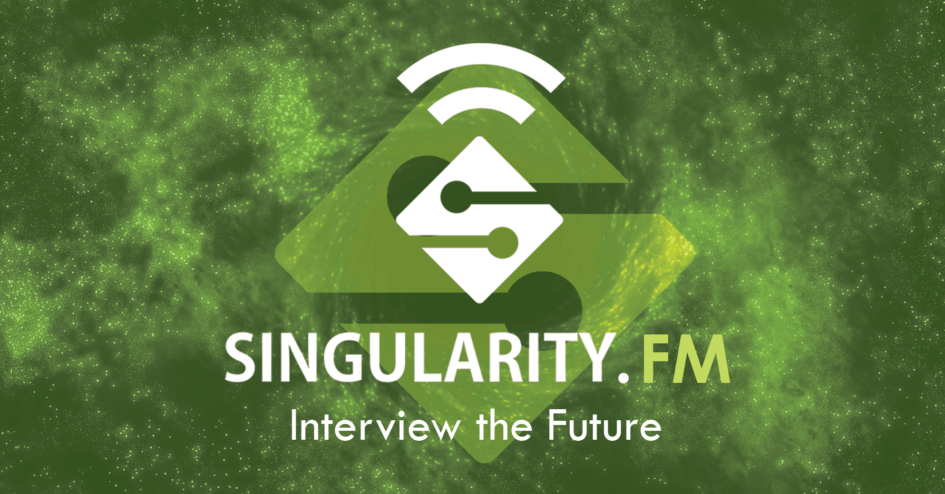ReWriting the Human Story: How Our Story Determines Our Future
an alternative thought experiment by Nikola Danaylov
Chapter 3: The Power of Story
We suffer not from the events in our lives but from our stories about them. Epictetus
The most powerful stories are stories about things that don’t exist. Because our fictive language gave birth to legal fictions, social constructs and imagined realities. So much so that today imagined things are more powerful than real things. Trees, rivers, fish, animals and even the climate depend on our imaginary constructs for their future survival. There is no money, law, justice, inalienable human rights, religion, love, friendship, capitalism, corporations, nations or humanity outside of our common imagination. Never-the-less it is such fictitious entities that will decide the fate of the world, ourselves included.
The more fictitious a story is, the more powerful that story is, provided it has a large enough number of people embracing it. Because stories that spread don’t just win – they change the world. This is true of Christianity, Islam, Hinduism, and Buddhism as much as it is true of Communism, Capitalism, Humanism, Nationalism, Feminism, Trumpism, Black Lives Matter, Brexit, MeToo or human rights. For example, the most popular story on our planet is money. Because almost everyone accepts and therefore believes in money. But money, regardless of its form – be it gold, bitcoin or paper money like the dollar, is basically trust. Trust in a story, which in the case of bitcoin, doesn’t even have a physical representation but is entirely digital – i.e. fictitious.
In human civilization, not only everything but also everyone is a story. And that is true at every level we can think of – individually, collectively or globally, because each of those levels requires a story. The same person can embrace many different stories that give her meaning, which also set the spectrum of what is and what is not possible for her. For example, someone can be a mother, daughter, vegetarian, lesbian, police officer, Muslim, black and American – all at once. And each of those stories provides such powerful meaning that the person may be willing to kill, live or die for it. Thus, while our identities are little more than a hodge-podge of often contradictory stories, they determine our actions. But if we change our story we change our identity. And if we change our identity we change our actions, and therefore we change our future.
Conversely, people who have not embraced or have lost their personal story feel lonely, unmotivated, lack meaning, feel depressed and are at risk of suicide. But people who have discovered their “calling” have basically found a compelling story and decided to embrace it as their own. When many people embrace the same story we can have large-scale cooperation among millions of humans, who are otherwise all strangers to each other. Thus, the power of our civilization is built on the power of our stories – our belief in them, our desire to spread them and our willingness to live or die by them.
Losing those stories is not merely devastating but, both figuratively and literally, potentially mortal. That is why Jacque Ellul noted that to destroy someone is to destroy their story. And this is true of individuals as much as it is true of groups of people – be it ethnic groups, corporations, organizations or nations. Therefore, we ought to be very careful in rewriting our story. Because if we end up destroying it without offering a better alternative we can end up destroying our civilization. As the Dark Mountain Manifesto warns:
Human civilization is an intensely fragile construction. It is built on little more than belief: belief in the rightness of its values; belief in the strength of its system of law and order; belief in its currency; above all, perhaps, belief in its future. [The Dark Mountain Manifesto page 5]
The power of story is hard to exaggerate because stories inform and guide our relationship with each other, the rest of the world and even the future. The good news is that stories are told by storytellers. So we can choose to get in charge of our stories and gain power by becoming the storytellers. Taking responsibility for and, ultimately, rewriting our stories is the path to our new selves and therefore our new future. This is where the ultimate power lies. And that is why, both Plato and the Hopi Indians recognized the fact that “those who tell the stories rule the world.”

Leave a Reply